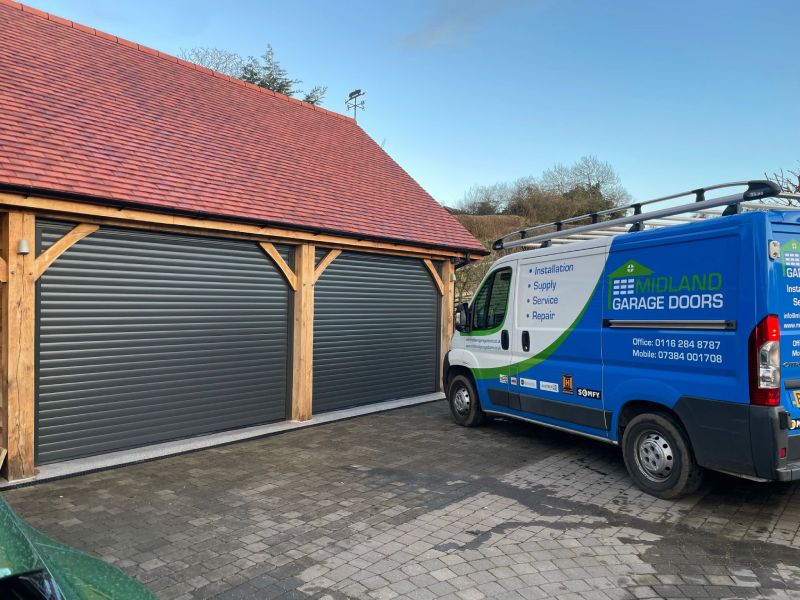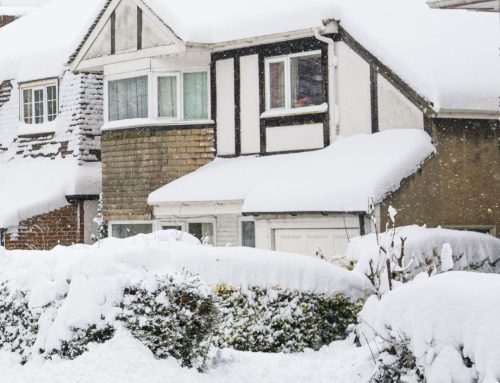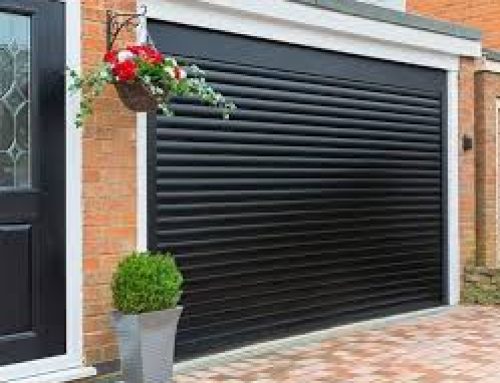How many years does a garage door last in the UK?
Garage doors serve as protective barriers, safeguarding vehicles, tools, and other valuables from the elements and potential security threats. As with any significant home component, understanding the lifespan of a garage door can help homeowners plan for eventual replacements and maintain their current systems optimally. So, how long does a garage door typically last in the UK?
Standard Lifespan of a Garage Door
On average, a well-maintained garage door in the UK can last between 20 to 30 years. However, this lifespan can vary significantly based on several factors, including the door’s material, the quality of its components, usage frequency, and maintenance levels.
Factors Affecting Garage Door Longevity
1. Material
Different materials have varied lifespans:
- Wood: While wooden garage doors offer a classic appeal, they are susceptible to rot, warping, and insect infestation, especially in damp UK conditions. With regular maintenance, such as painting or staining, they can last 15-20 years.
- Steel: Steel doors are durable and resist warping and cracking. They can last 20-30 years or even longer, depending on the quality of the steel and its finish.
- Aluminium: Lightweight and resistant to rust, aluminium doors can last 20-25 years, but they might be more prone to dents.
- Fibreglass and Vinyl: These materials are resistant to dents and do not rust. They have a lifespan of about 20 years.
2. Components and Hardware
The longevity of a garage door isn’t solely about the door itself; its components play a pivotal role.
- Garage Door Springs: These are typically the first to wear out. Torsion springs usually last 10,000 to 20,000 cycles, translating to 7-12 years depending on usage.
- Rollers, Cables, and Tracks: With regular inspection and maintenance, these can last 10-15 years.
3. Usage Frequency
A garage door that’s opened and closed multiple times a day will naturally wear out faster than one used less frequently. For instance, a door subjected to the wear and tear of 4-5 cycles a day might last just 10-15 years.
4. Maintenance
“Prevention is better than cure.”
Regular maintenance not only ensures smooth operation but significantly extends the life of a garage door. This includes cleaning, lubricating moving parts, checking for wear and tear, and fixing issues promptly.
Maintaining Your Garage Door
To make the most of your garage door’s lifespan:
- Conduct a visual inspection monthly. Check for signs of wear on cables, springs, rollers, and pulleys.
- Lubricate moving parts bi-annually with a high-quality lubricant to reduce friction.
- Ensure the door is balanced. If it doesn’t stay halfway open when moved manually, the counterweight system (springs) may be unbalanced, accelerating wear.
- Keep tracks clean and free of debris.
- For wooden doors, repaint or re-stain every couple of years to protect against the elements.
When to Consider Replacement
Even with meticulous care, there will come a time when repair becomes less feasible than replacement:
- If the door has significant structural damage.
- When repair costs approach or exceed the cost of a new door.
- If the door frequently malfunctions or poses a safety risk.
- To improve energy efficiency or aesthetics in line with modern trends.
Conclusion
Garage doors are long-term investments, and with proper care, can serve homeowners for decades. While various factors influence their lifespan, proactive maintenance remains the golden key to maximising their longevity. Whether you’re considering a new installation or seeking ways to extend the life of your current door, understanding what affects its lifespan is invaluable.




